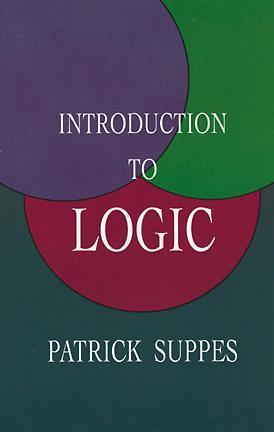What do you think?
Rate this book


336 pages, Paperback
First published January 1, 1957
Evaluating arguments and building my own will be helped with logical tools. While persuading employers to take me on or writing essays for my blog, it will help to have logical tools available. The book may have an applicative focus on mathematics and science, but maybe I can see a way to apply it in other ways.